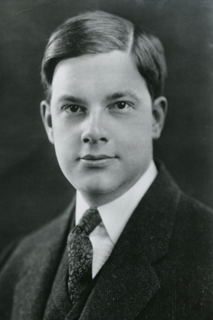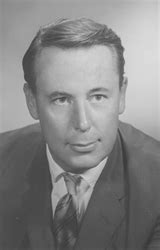A Quote by Anne Michaels
I wanted a line in a poem to be the hollow ney of the dervish orchestra whose plaintive wail is a call to God. But all I achieved was awkward shrieking. Not even the pure shriek of a reed in the rain.
Related Quotes
It was early on in 1965 when I wrote some of my first poems. I sent a poem to 'Harper's' magazine because they paid a dollar a line. I had an eighteen-line poem, and just as I was putting it into the envelope, I stopped and decided to make it a thirty-six-line poem. It seemed like the poem came back the next day: no letter, nothing.
I think that I shall never see A poem lovely as a tree. A tree whose hungry mouth is pressed Against the earth's sweet flowing breast; A tree that looks at God all day And lifts her leafy arms to pray; A tree that may in summer wear A nest of robins in her hair; Upon whose bosom snow has lain; Who intimately lives with rain. Poems are made by fools like me, But only God can make a tree.
…though I wouldn’t have admitted it, even to myself, I didn’t want God aboard. He was too heavy. I wanted Him approving from a considerable distance. I didn’t want to be thinking of Him. I wanted to be free—like Gypsy. I wanted life itself, the color and fire and loveliness of life. And Christ now and then, like a loved poem I could read when I wanted to. I didn’t want us to be swallowed up in God. I wanted holidays from the school of Christ.
He loves us because He is filled with an infinite measure of holy, pure, and indescribable love. We are important to God not because of our resume but because we are His children. He loves every one of us, even those who are flawed, rejected, awkward, sorrowful, or broken. God's love is so great that He loves even the proud, the selfish, the arrogant, and the wicked.
I keep feeling that there isn't one poem being written by any one of us - or a book or anything like that. The whole life of us writers, the whole product I guess I mean, is the one long poem - a community effort if you will. It's all the same poem. It doesn't belong to any one writer - it's God's poem perhaps. Or God's people's poem.
I think what gets a poem going is an initiating line. Sometimes a first line will occur, and it goes nowhere; but other times - and this, I think, is a sense you develop - I can tell that the line wants to continue. If it does, I can feel a sense of momentum - the poem finds a reason for continuing.






































